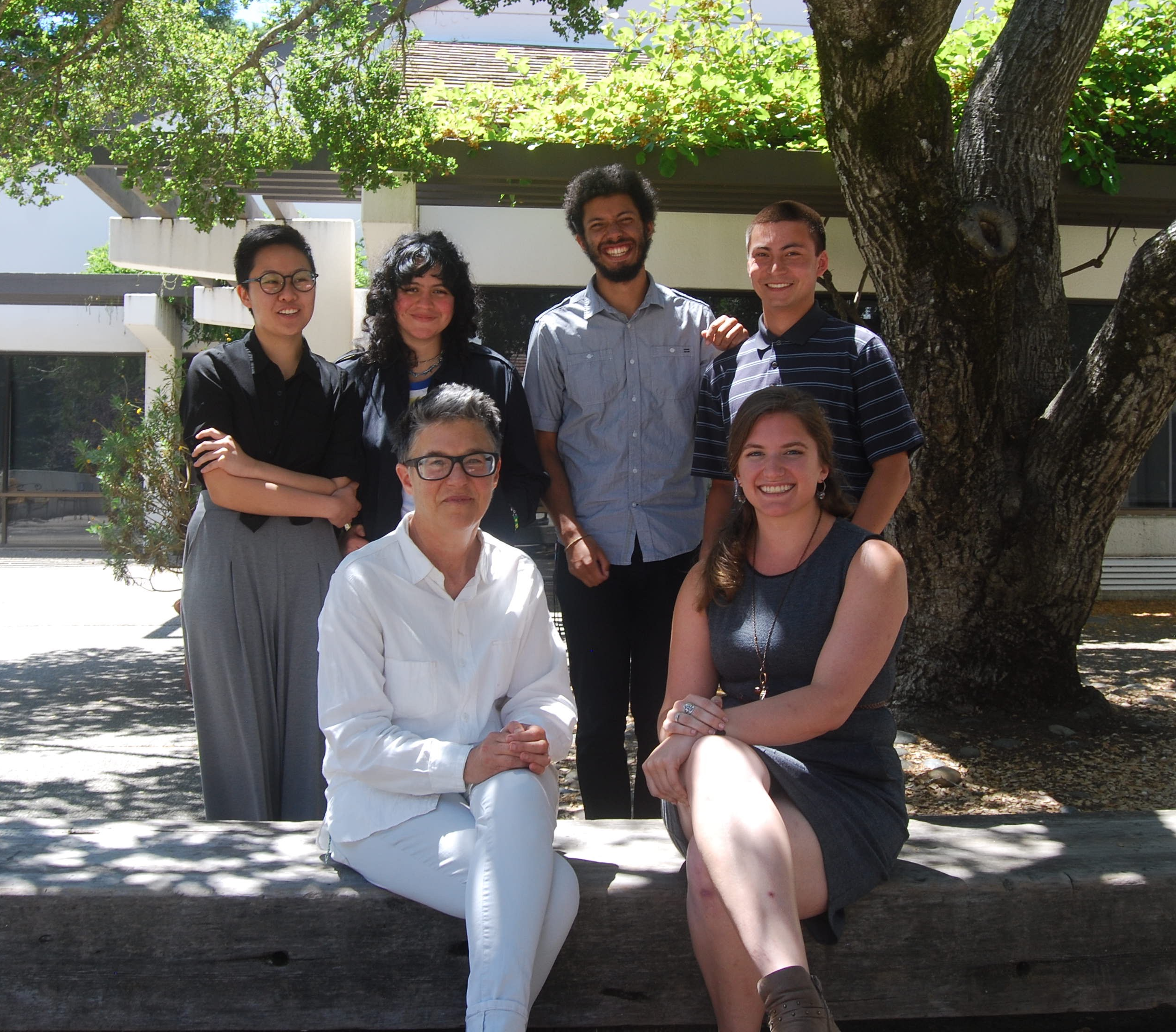DEO COLLOQUIUM
This Friday, October 6th, at 4:00 pm in Humanities 1, Room 210, there will be a colloquium by Ashwini Deo (Ohio State University). Her talk is entitled “Alternative circumstances of evaluation and the ser/estar distinction in Spanish,” and the abstract is given below:
The Spanish copulas ser and estar have distributional and interpretational patterns that have resisted an adequate analysis. In this talk, I work towards a unified analysis that treats the two copulas as being presuppositional variants that are differentially sensitive to properties of the circumstances at which the truth of the copular sentence is evaluated. On the proposed analysis, estar presupposes that the prejacent is boundedly true at the evaluation circumstance. The prejacent’s bounded truth at a circumstance i at a given context of use c depends on two conditions:
(a) there are no-weaker alternative circumstances i′ accessible at c where the prejacent is false, and
(b) i is a maximal verifying circumstance at c.
Central to the analysis is the notion of a strength ordering over alternative circumstances of evaluation — a circumstantial counterpart to the more familiar ordering over alternative propositions. Assuming that this content is conventionally associated with estar allows for an account of its distinct flavors and readings with a range of predicates. ser is shown to be associated with its own inferences that derive from its status as the presuppositionally weaker, neutral member of the pair.
